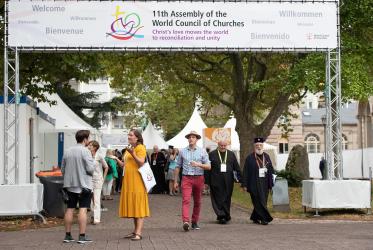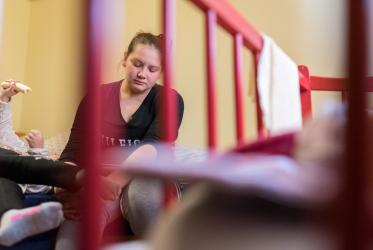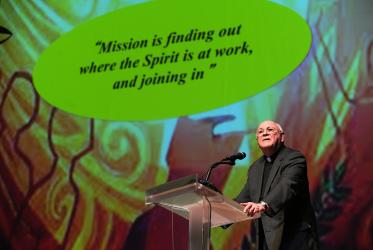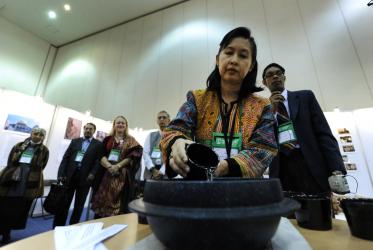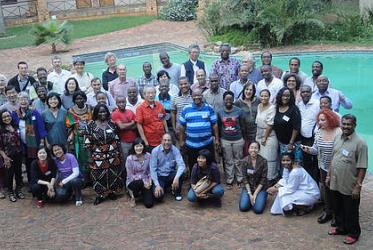Displaying 1 - 16 of 16
08 September 2022
Land rights focus of panel discussion
17 November 2015
A humble man firmly rooted in faith
20 August 2015
After Busan: A pilgrimage of justice and peace
29 January 2014
Mission: a call to life-giving witness
04 November 2013
Religious leaders highlight significance of water at WCC assembly
04 November 2013

